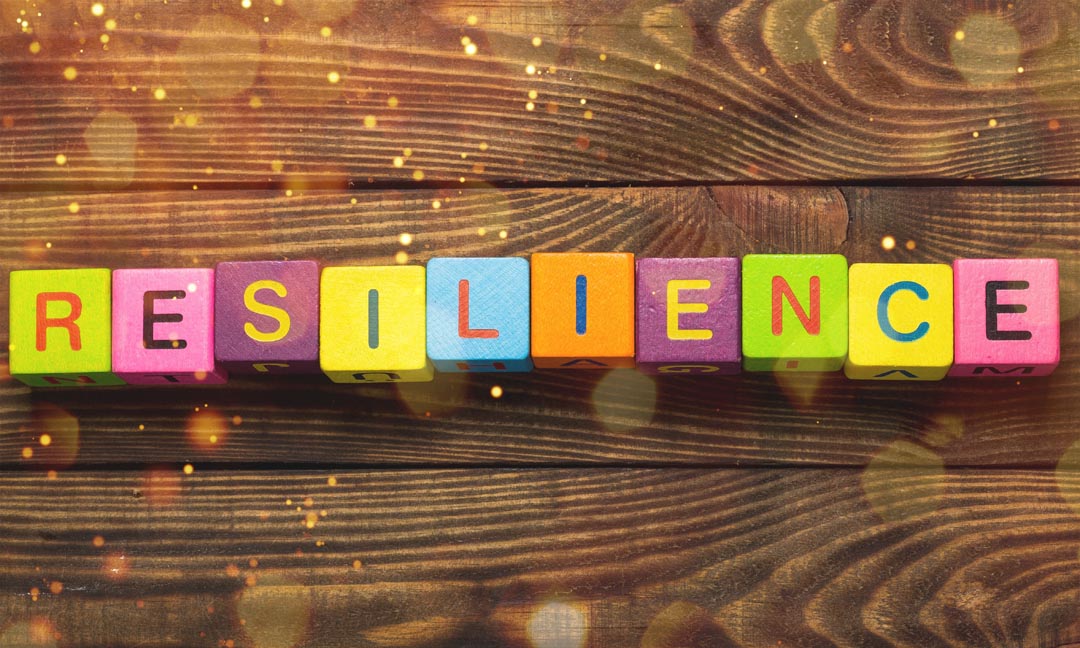More than a quarter of students in the UK report having a mental health problem, according to a new survey.
Stress and anxiety are making day to day life difficult for hundreds of thousands of students. Credit: Fotolia
This compared with about a fifth of male undergraduates, the YouGov survey of 1,061 students found.
More News
Vocational training experts agree that the current apprenticeship system will not deliver on quality
Towards Maturity enter into research and publication alliance with Emerald Group publishing
New study launched looking at work-life blend
Next generation delay starting a family due to financial concerns
Overall, some 27 per cent of the students said they had a mental health problem. This rose to 45 per cent among lesbian, gay, bisexual and transgender students.
For a significant proportion of students who report mental health issues, these problems can make even day-to-day tasks difficult.
Nearly half (47 per cent) say that that they have trouble completing some daily tasks and a further 4 per cent say they cannot complete even simple tasks.
Depression and anxiety are by far the most common reported mental health ailments. Of those who suffer, 77 per cent have depression-related problems, and 74 per cent have anxiety related problems. Worse still, for many of these students it is common for students to be afflicted with both at once – 74 per cent of students with an anxiety-related problem also have a depression-related one.
These two issues dwarf all the rest, with eating disorders being the next most common at 14 per cent, followed by behavioural or developmental issues at 5 per cent and learning disabilities, also at 5 per cent.
Fortunately, students are broadly aware that mental health services are provided by their university. Three quarters of students were aware that their university had a counselling service they could access. Only 14 per cent were unaware of any services available to them.
Nearly one in five (18 per cent) of students have already made use of university mental health services, the vast majority of whom (89 per cent) had visited a counsellor. Satisfaction levels are relatively high, with 30 per cent saying that they found the service very helpful and a further 45 per cent saying it was somewhat helpful.
There is much room for improvement though, with one in five (21 per cent) said that it was not helpful at all. Additionally, half of students who have made use of university mental health services also make use of professional health through other means.



